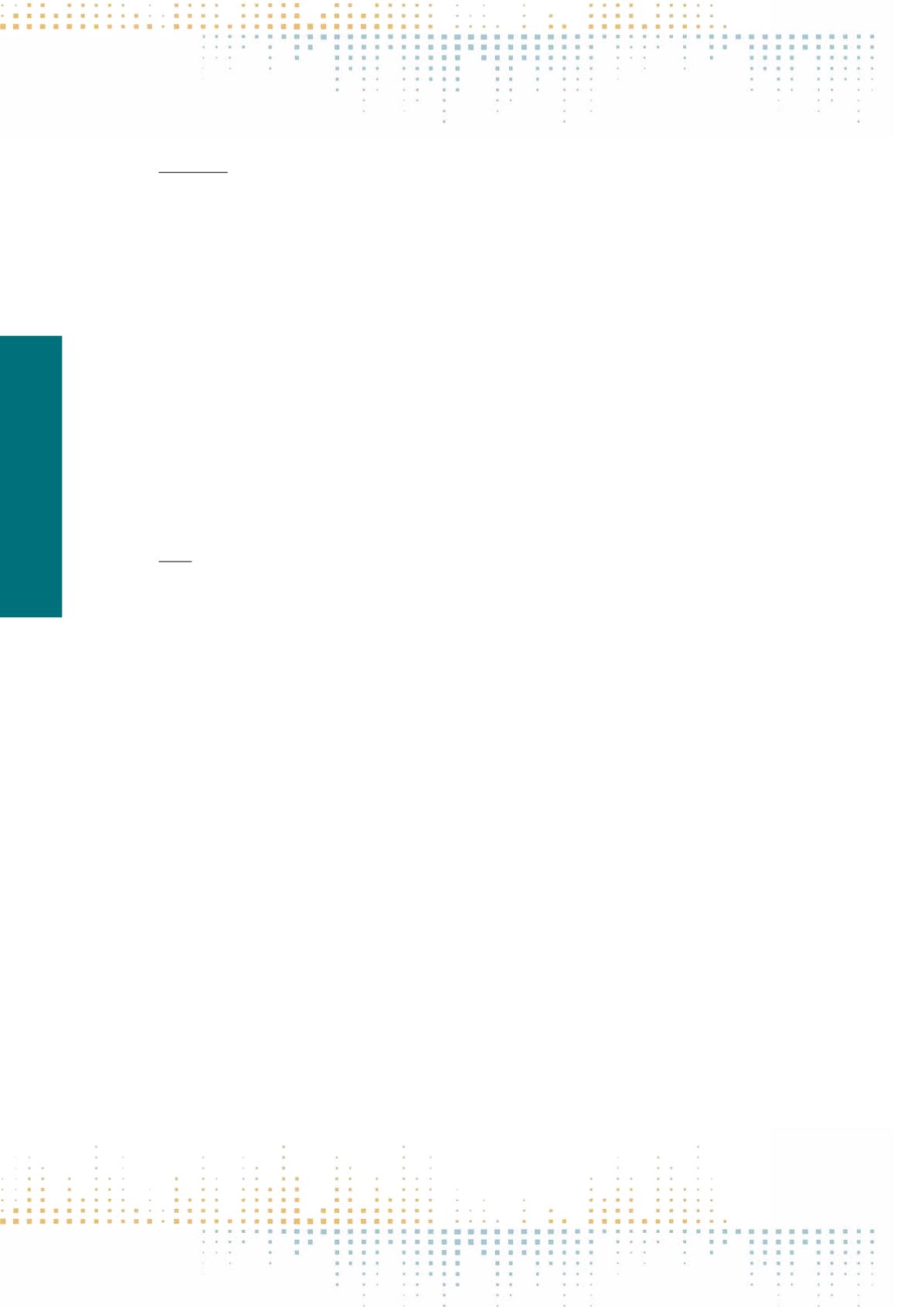

252
Saturday, November 12
1 6 : 0 0 – 1 7 : 3 0
PP 735
Norms, Trolls, and Commerce: The Challenges of Online Boundary Work in Stigmatized Groups
D. Yeshua-Katz
1
1
Ben-Gurion University of the Negev, Communication Studies, Beer-Sheva, Israel
The anonymity of communication in the online environment affords a safe place for stigmatized individuals to convene. Theoretical approaches used so far
treat the Internet as a place for marginalized people to escape from offline stigma, mostly ignoring the ways group members maintain group boundaries
in these public spaces. To address this gap, these study inquiries about online boundary work in stigmatized online communities. In particular, how group
members erect boundaries while interacting with out-group members and maintain forum etiquette with group members. Drawing from stigma, comput‑
ed-mediated communication, and boundary work this study examines the way Israeli childless women maintain group boundaries in online communities.
Israel is a distinctly pronatalism (the practice of encouraging the bearing of children) case. Childbearing is highly valued in Israeli society while childlessness
is exceptionally stigmatized and carries negative social consequences. To examine how stigmatized groups maintain boundaries in online communities,
this study compared two online groups – one for Israeli voluntary childless women and another for Israeli women with fertility issues. Using quantitative
content analysis data and interview data, this study identified two types of boundary work practices: protection of forum boundaries from interruptions by
outsiders and maintenance of forum etiquette among group members. Looking at these particular communities provided insights into how the two groups
differed in their online boundary work. Members of the fertility forum, in particular the forum admins, forced strict behavior norms and actively filtered and
removed users who did not belong to the forum. Voluntary Childless admins, on the other hand, were less concerned about the influence of outsiders and
commercial content. When they did feel group boundaries had to be maintained because of trolls and flamers, they invited forummembers to contribute to
these practices and approached it as a cathartic activity. Findings from this study suggest that the public nature of the online support groups and the need
to protect forum boundaries create challenges for group members. Group members benefit from the anonymity in the online space but interruptions by
outsiders can disrupt communication among members. The complex nature of boundary work suggests that unlike in face-to-face support groups with
defined boundaries, online groups face challenges of organization and cooperation on anonymous yet public space.
PP 736
Under the Bridge: An In-Depth Exploration of Trolling in Online Games
C. Cook
1
, J. Schaafsma
1
, M. Antheunis
1
1
Tilburg University, TiCC, Tilburg, Netherlands
Asocial behaviour online, also called “trolling” in cyberspace, is a common phenomenon. It is, however, also a subject of apparent academic confusion;
the few studies conducted thus far yielded a variety of conflicting definitions regarding what constitutes trolling behaviour (Buckels et al., 2014; Fichman &
Sanfilippo, 2014; Shachaf & Hara, 2010;Thacker & Griffiths, 2012). In addition, very few of these studies have involved actual online community members in
the research (Herring et al., 2002; Luzón, 2011), and those that did either examined only the victims’or bystanders’perspective (Maltby et al., 2015; Shachaf
& Hara, 210) or presented trolls as a largely homogeneous group with one personality type and limited motivations (Buckels et al., 2014;Thacker & Griffiths,
2012). As a result, it is unclear exactly which behaviours constitute true tolling and why it is trolls act the way they do online. In order to shed further light on
this phenomenon, the present study has three primary aims: 1) determine which behaviours actual trolls consider as trolling, 2) explore the motivations be‑
hind trolling, and 3) examine the influence of the online community on trolling behaviour. To do this, we have chosen to use a qualitative approach. We will
report on 25 semi-structured interviews conducted via Skype with self-confessed trolls over the age of 18 who are active in the online gaming community.
This study focuses on trolls within the online gaming context because the game setting allows for more types of trolling, namely behavioural (i.e., playing
the game in such a way as to aggravate others) and verbal trolling (i.e., swearing, intentionally provoking conflict, name-calling, etc.), while other settings
will only allow for verbal. Interview questions cover trolls’own gaming habits and preferences, their observations of the gaming community at large, and
their own trolling experiences as perpetrator, bystander, and victim. By examining trolls’community views as well as their personal experiences, we work
not only to build a substantive definition of trolling upon which future theories can be built, but also to present a multi-faceted view of an often stereotyped
online subculture. Results will be presented upon selection for the conference.



















